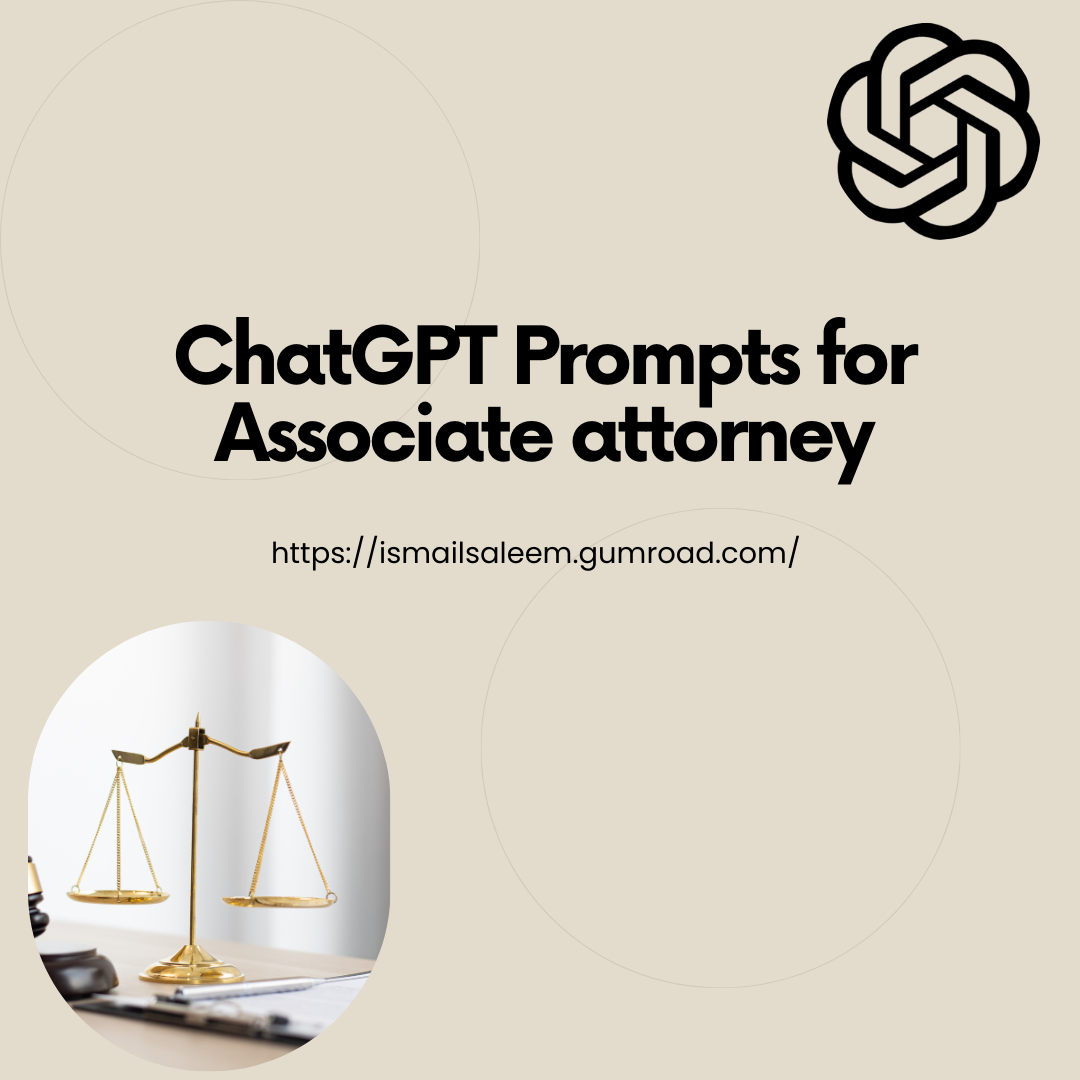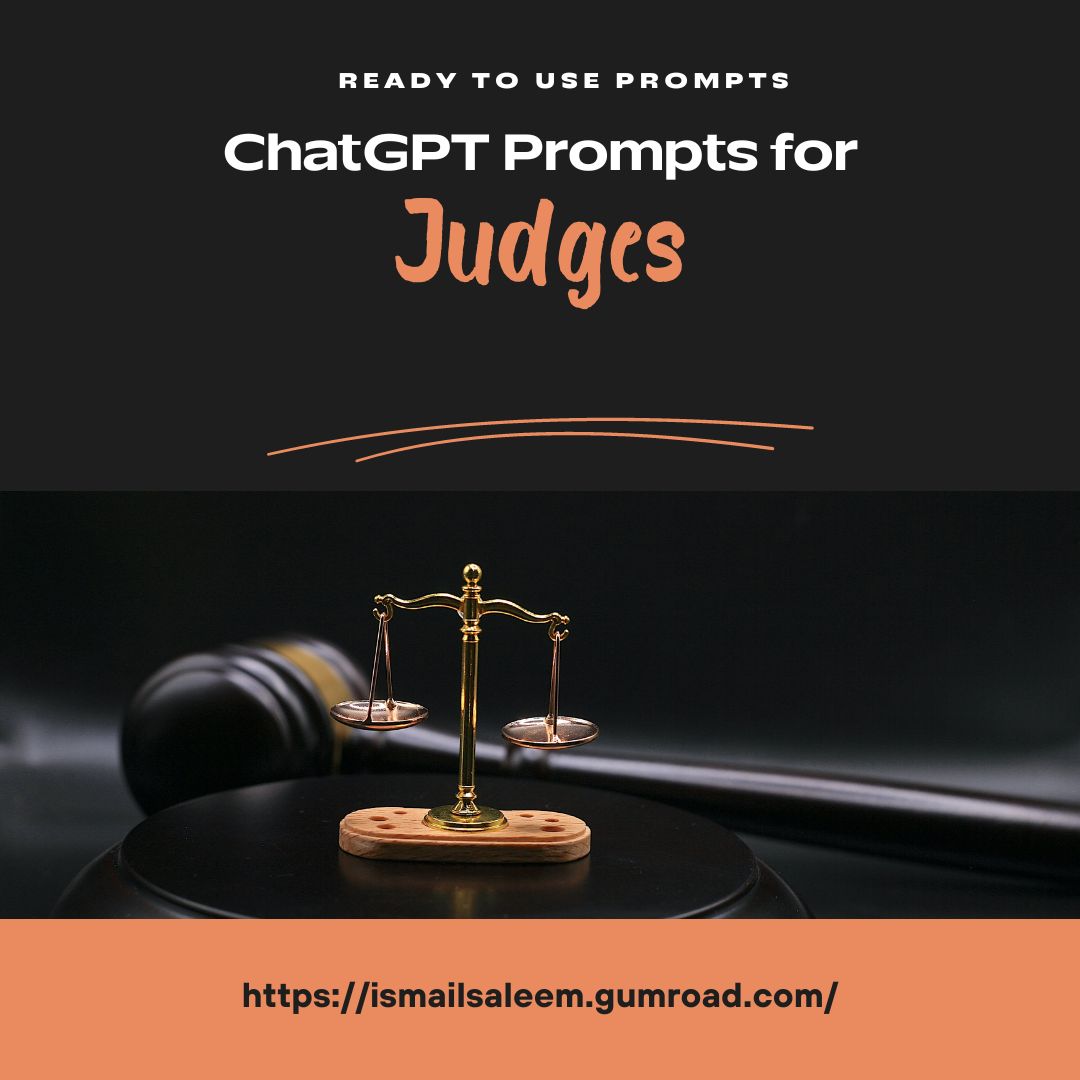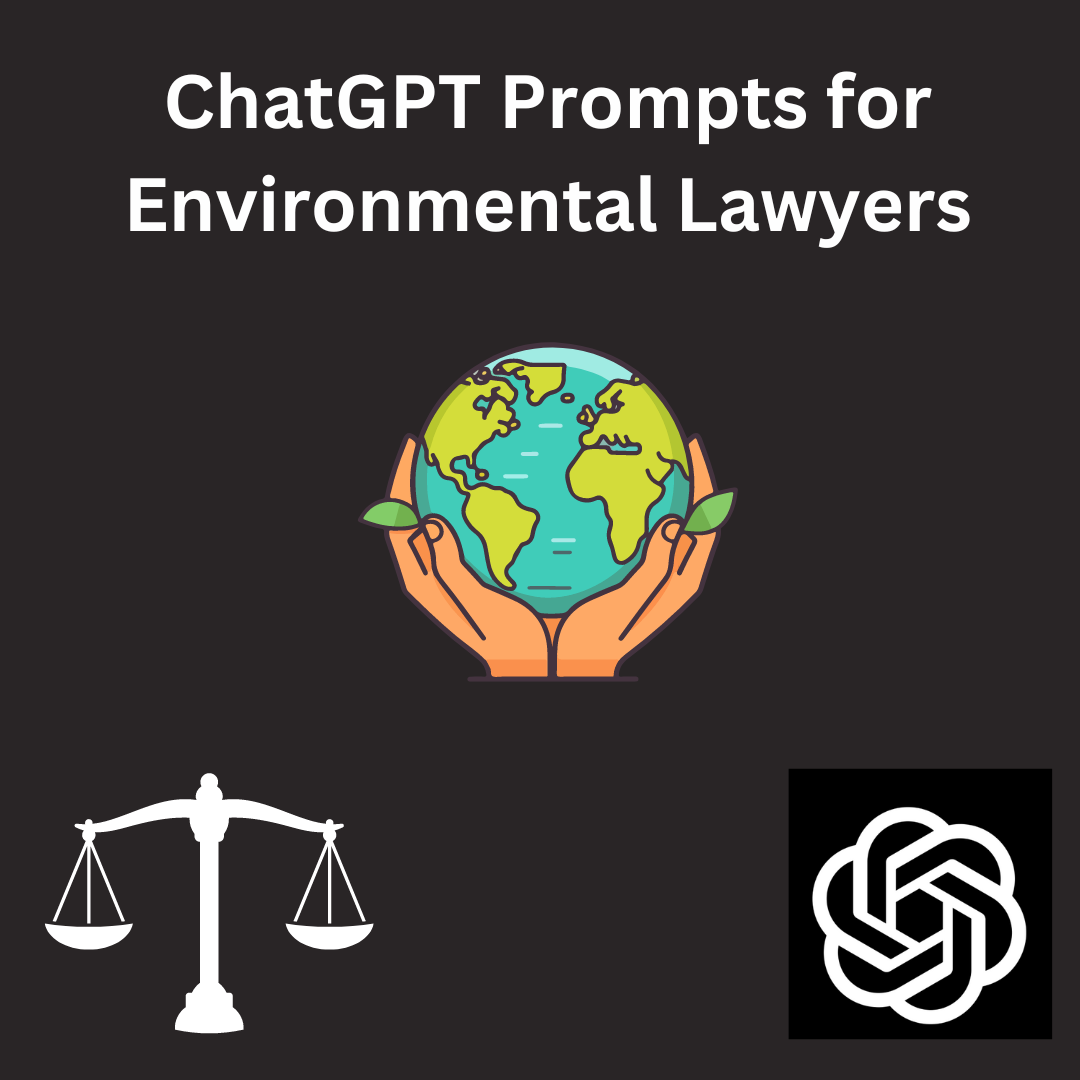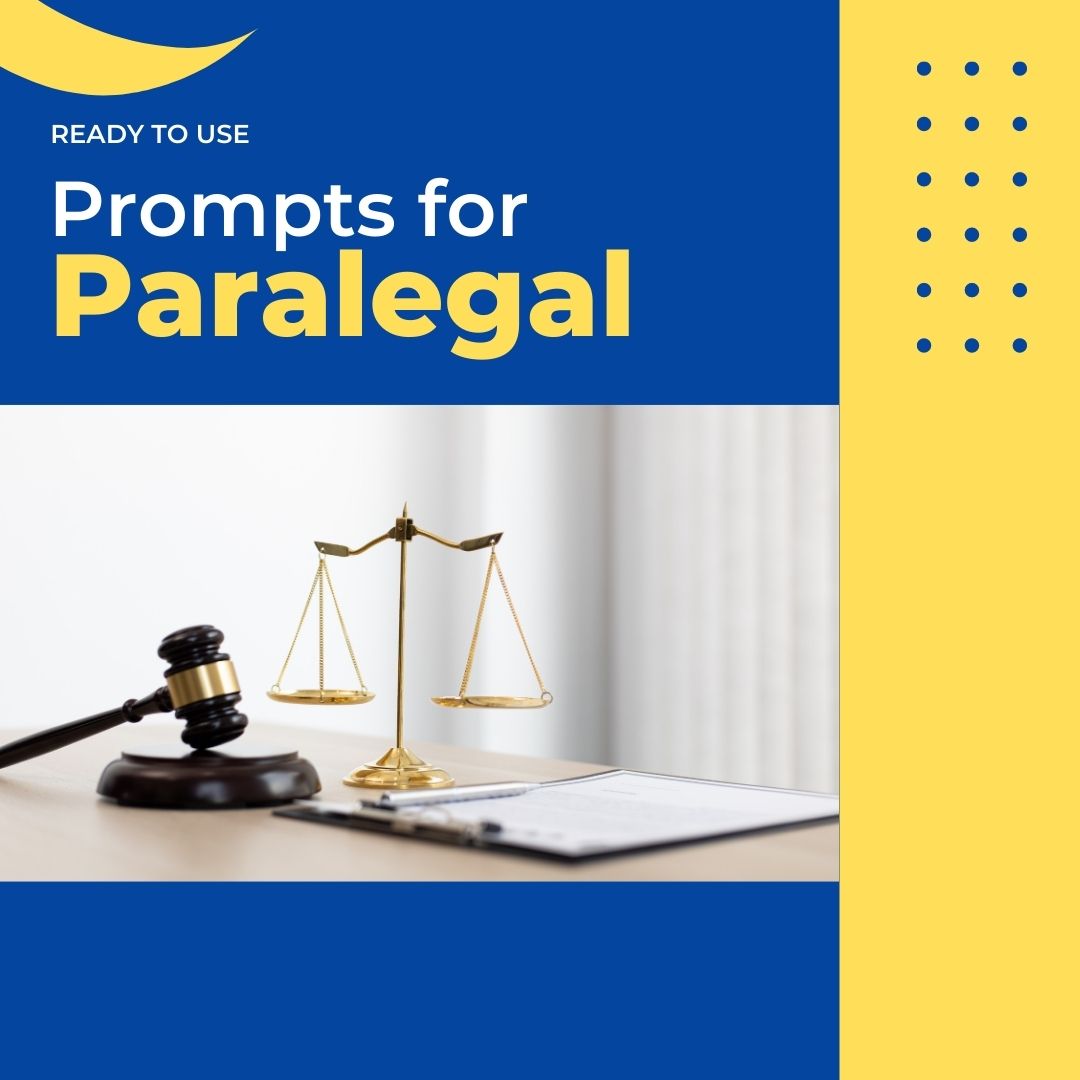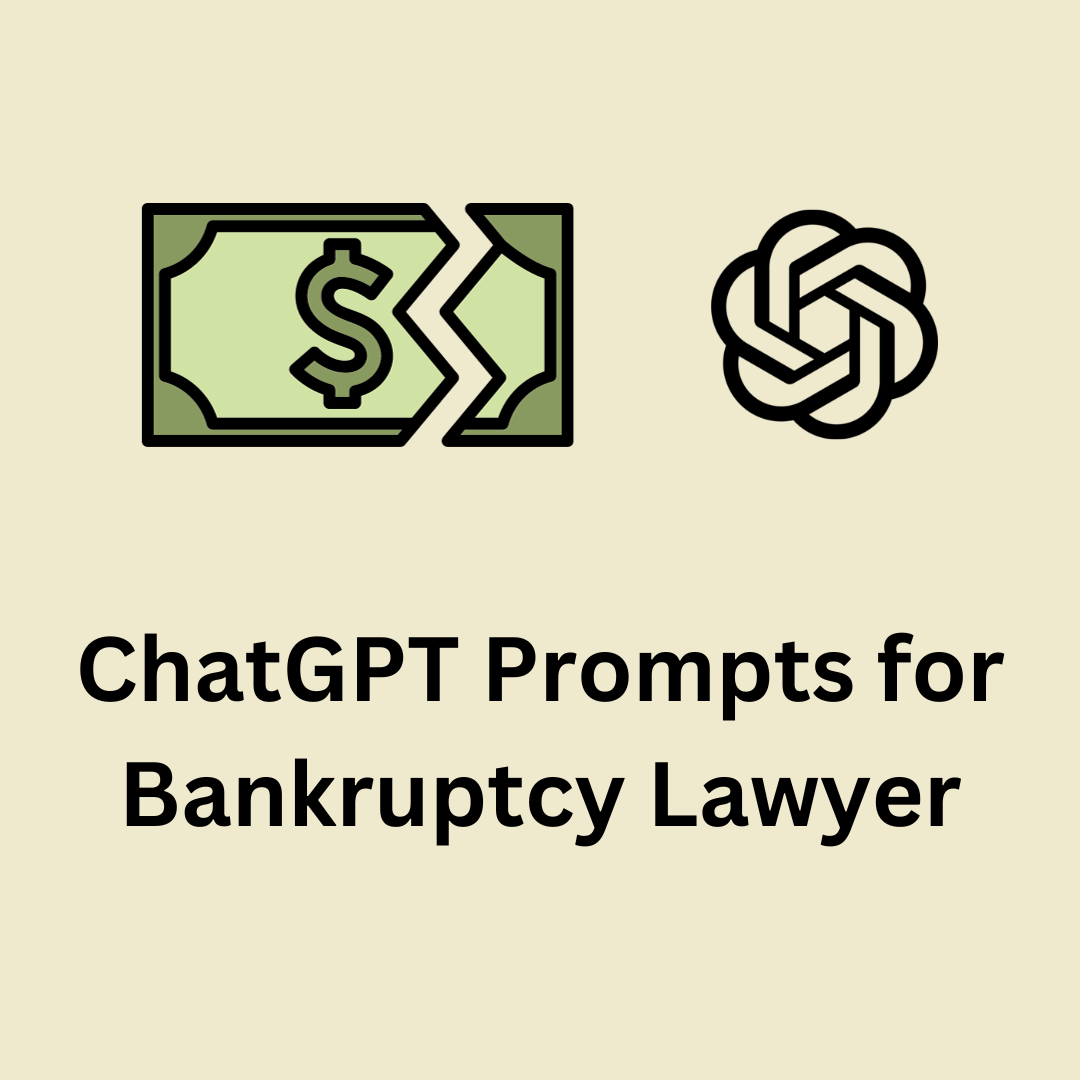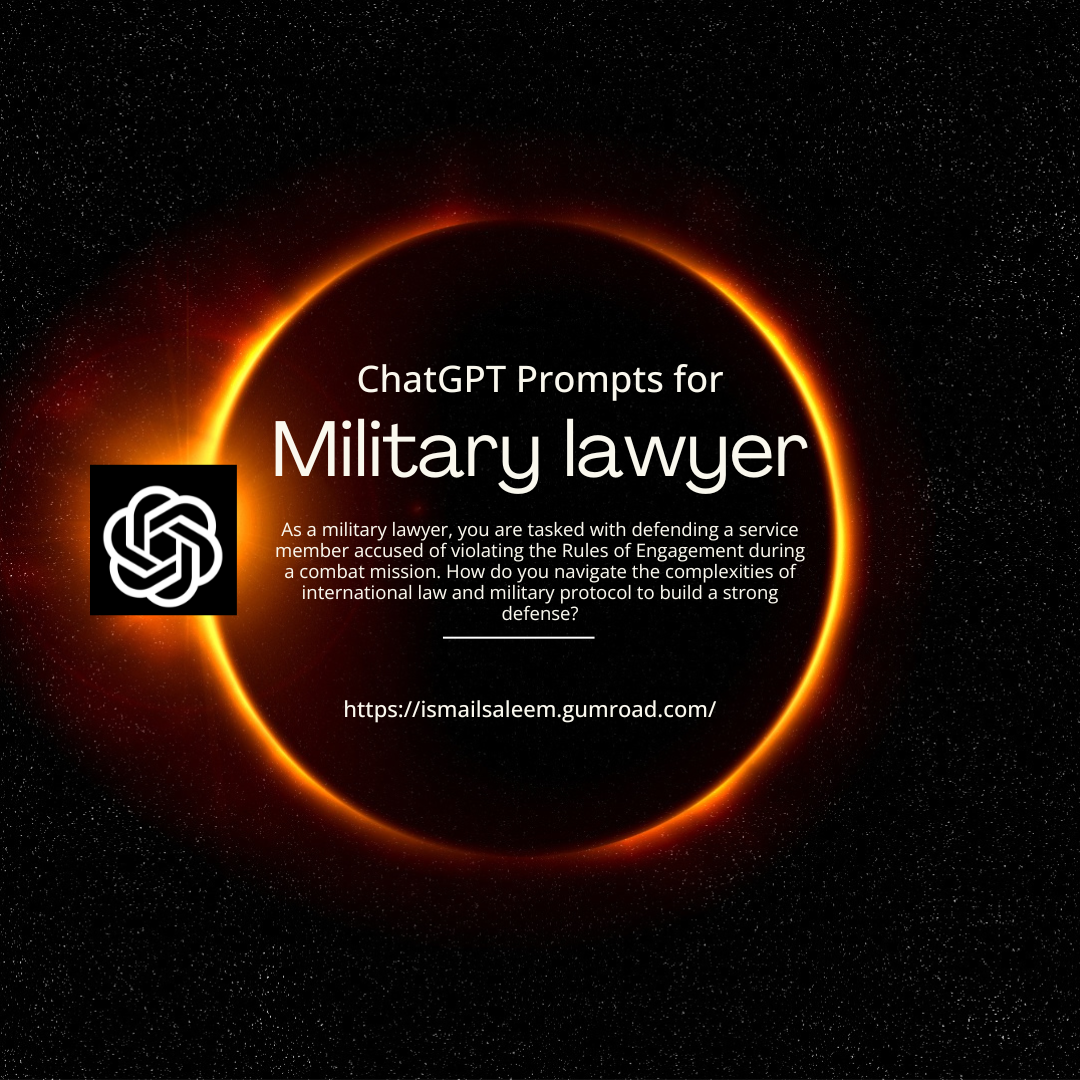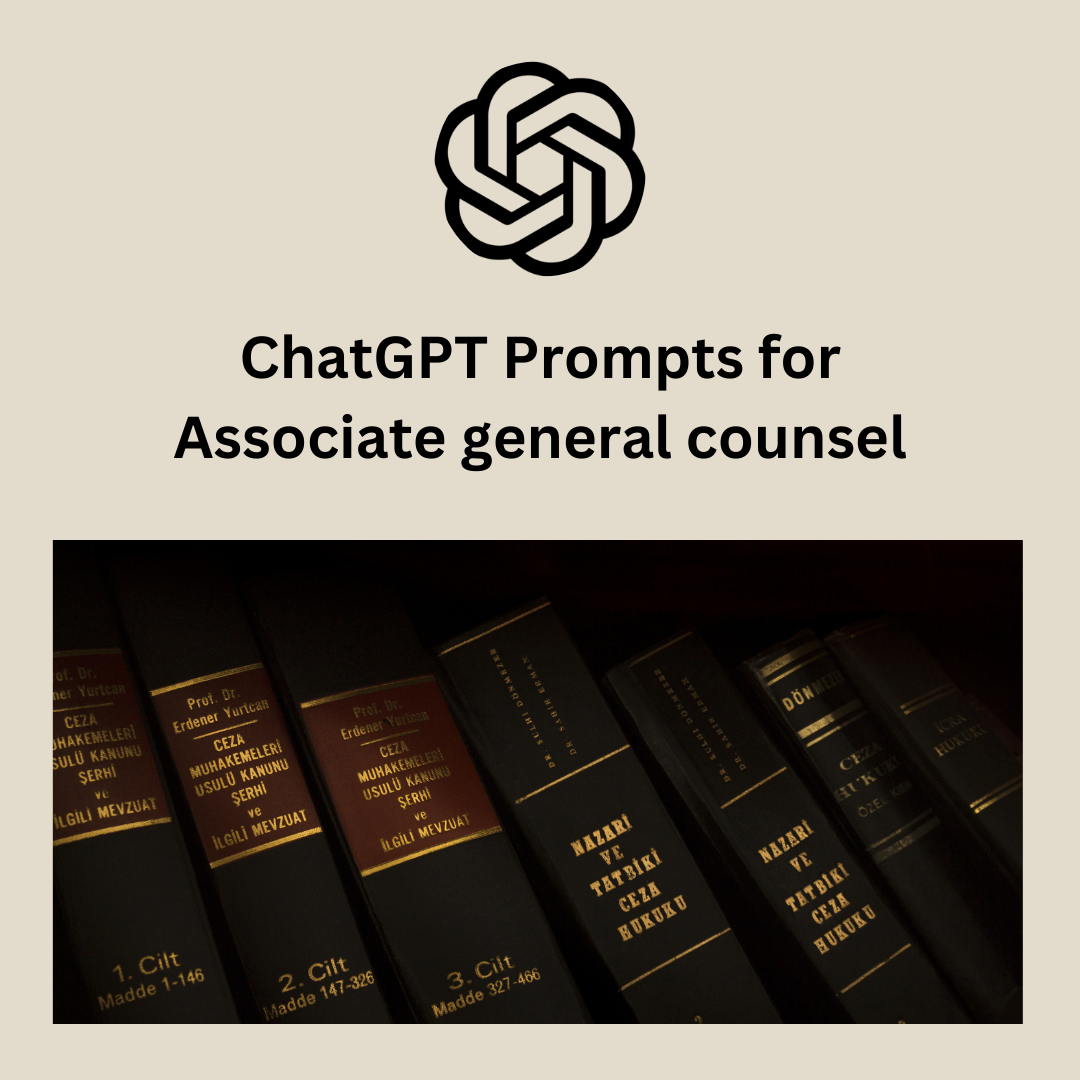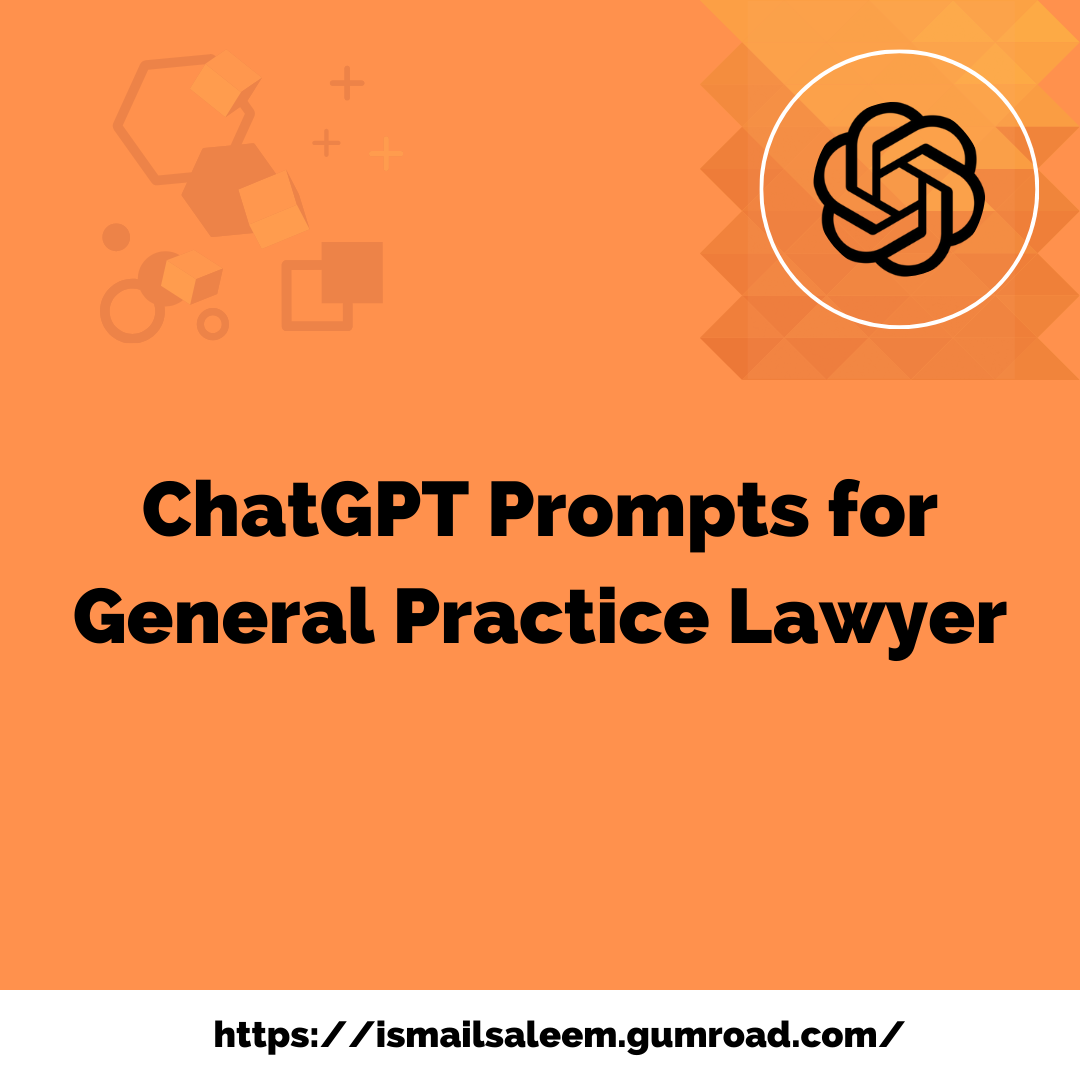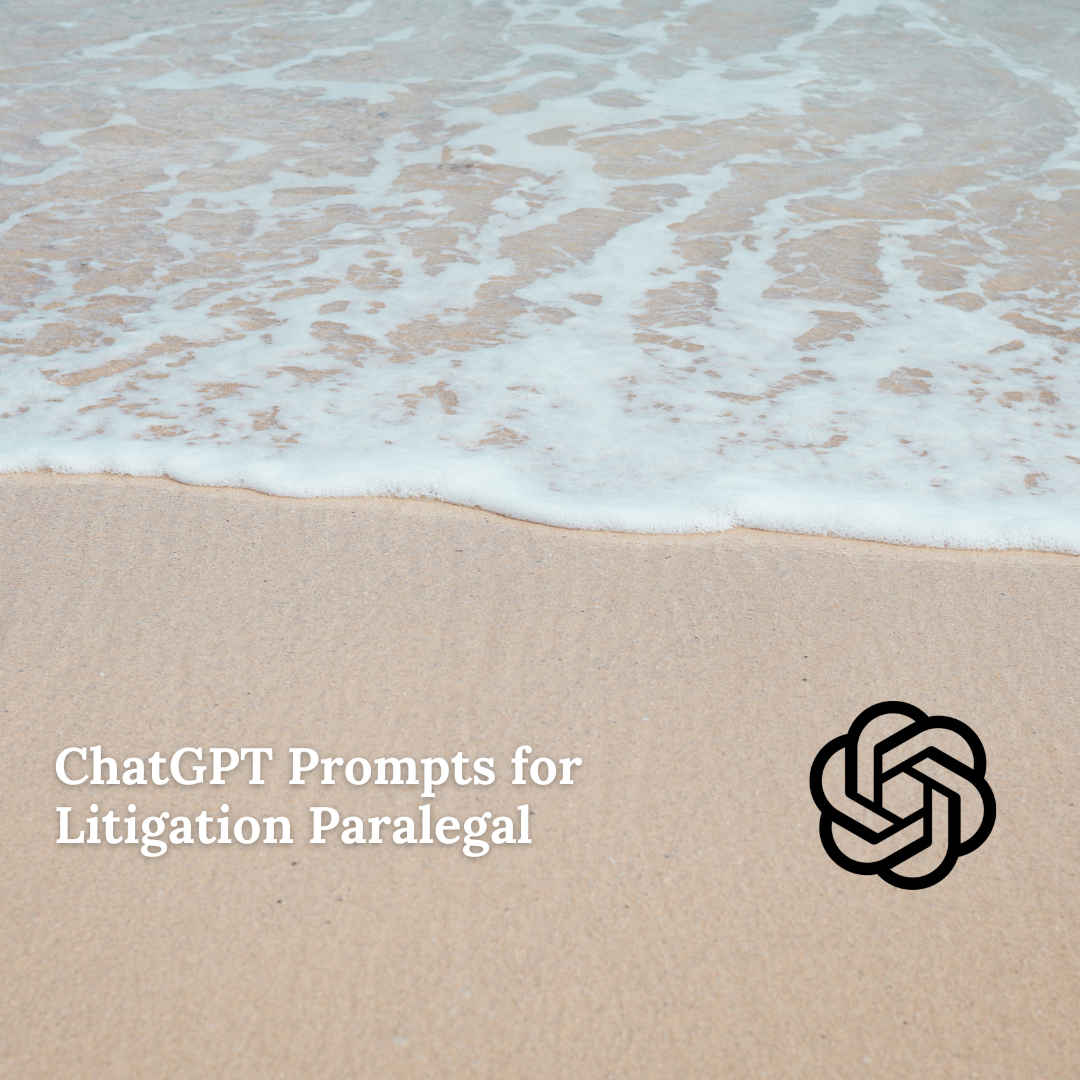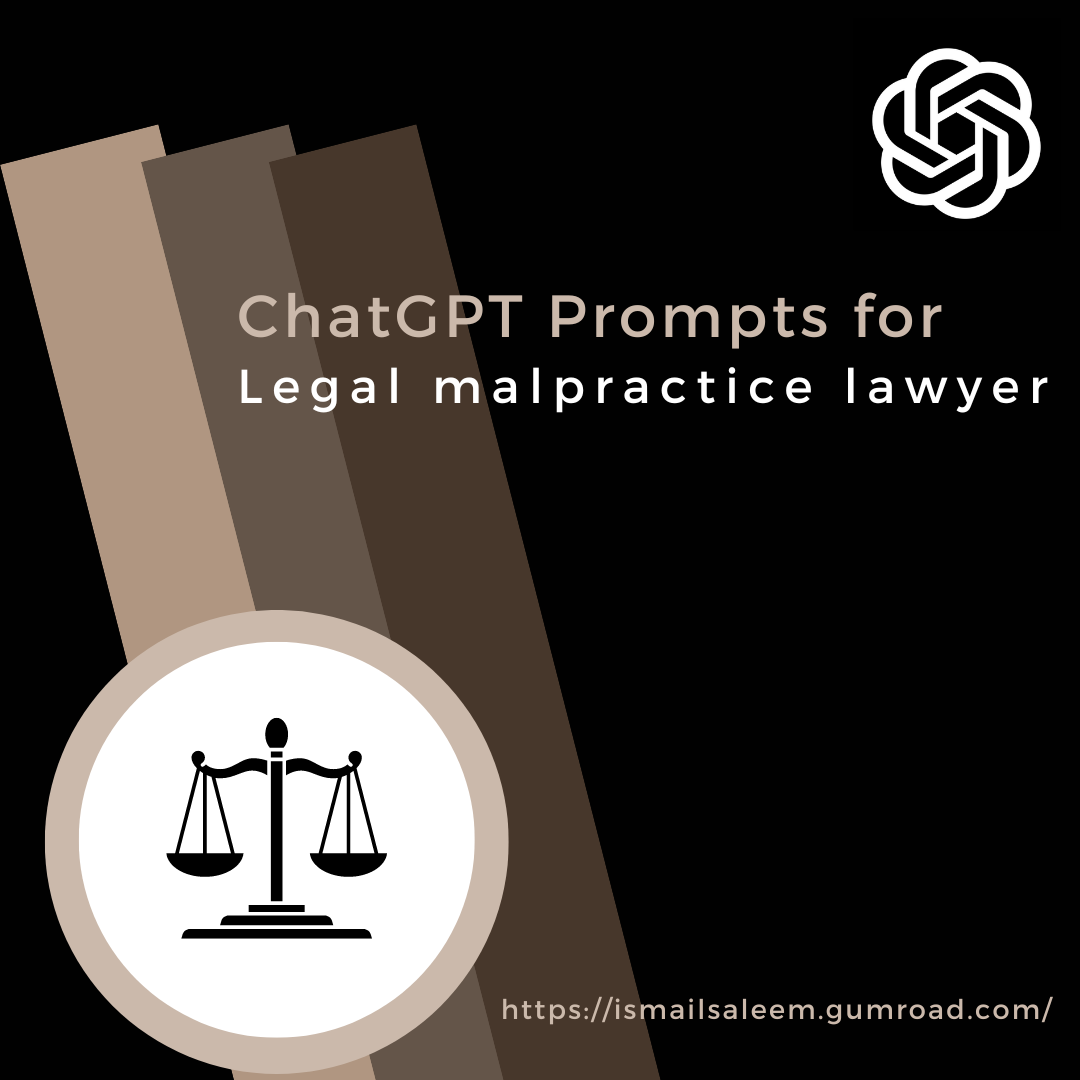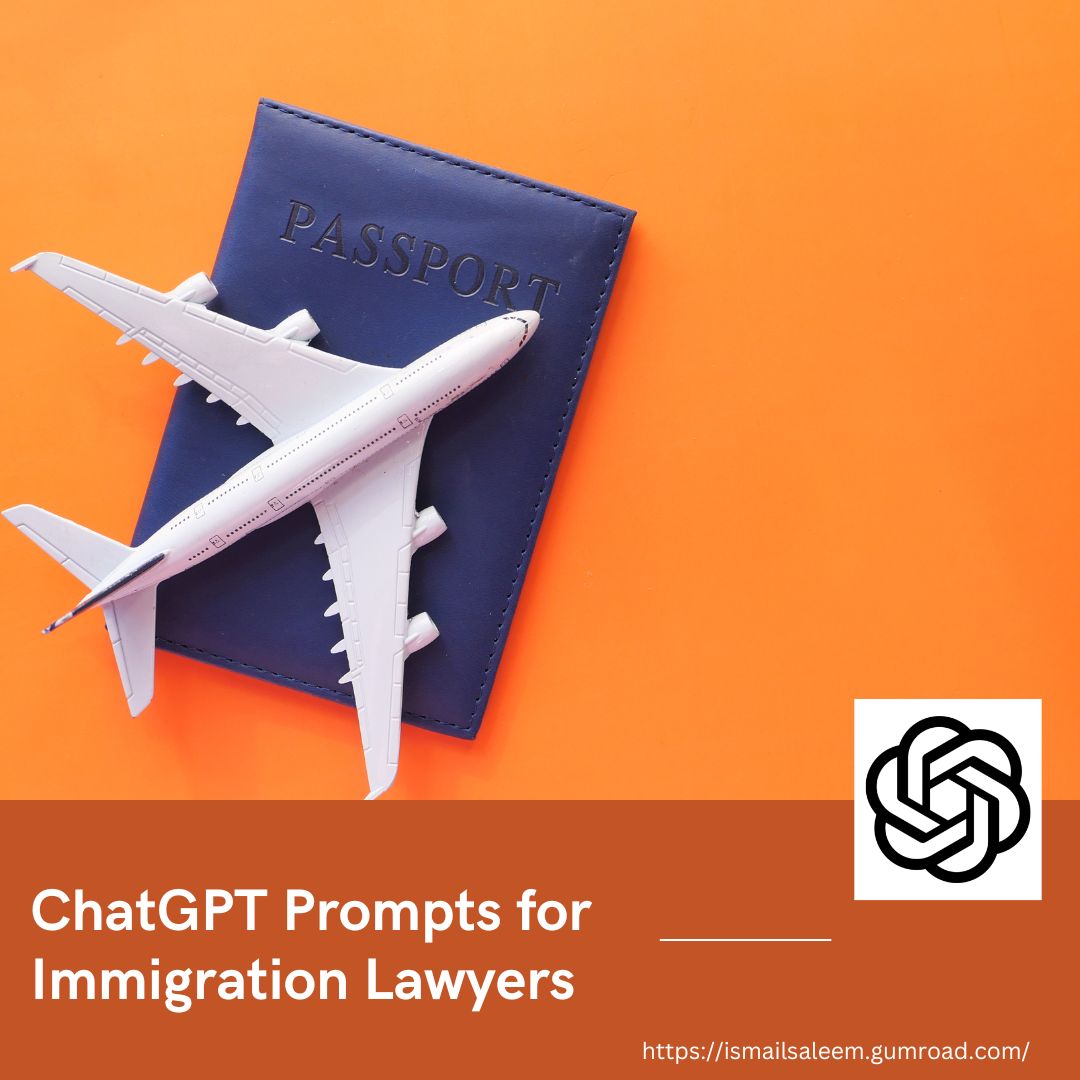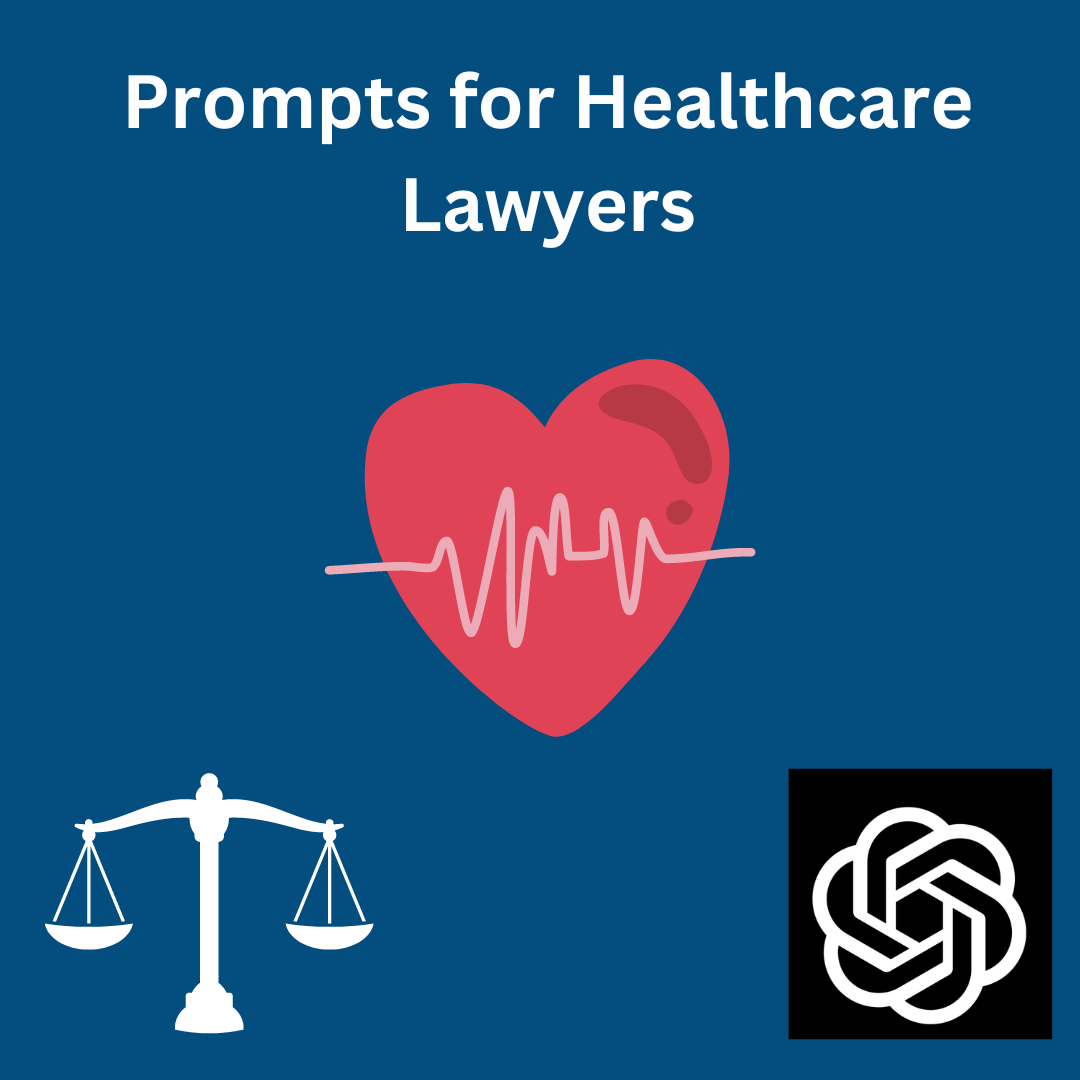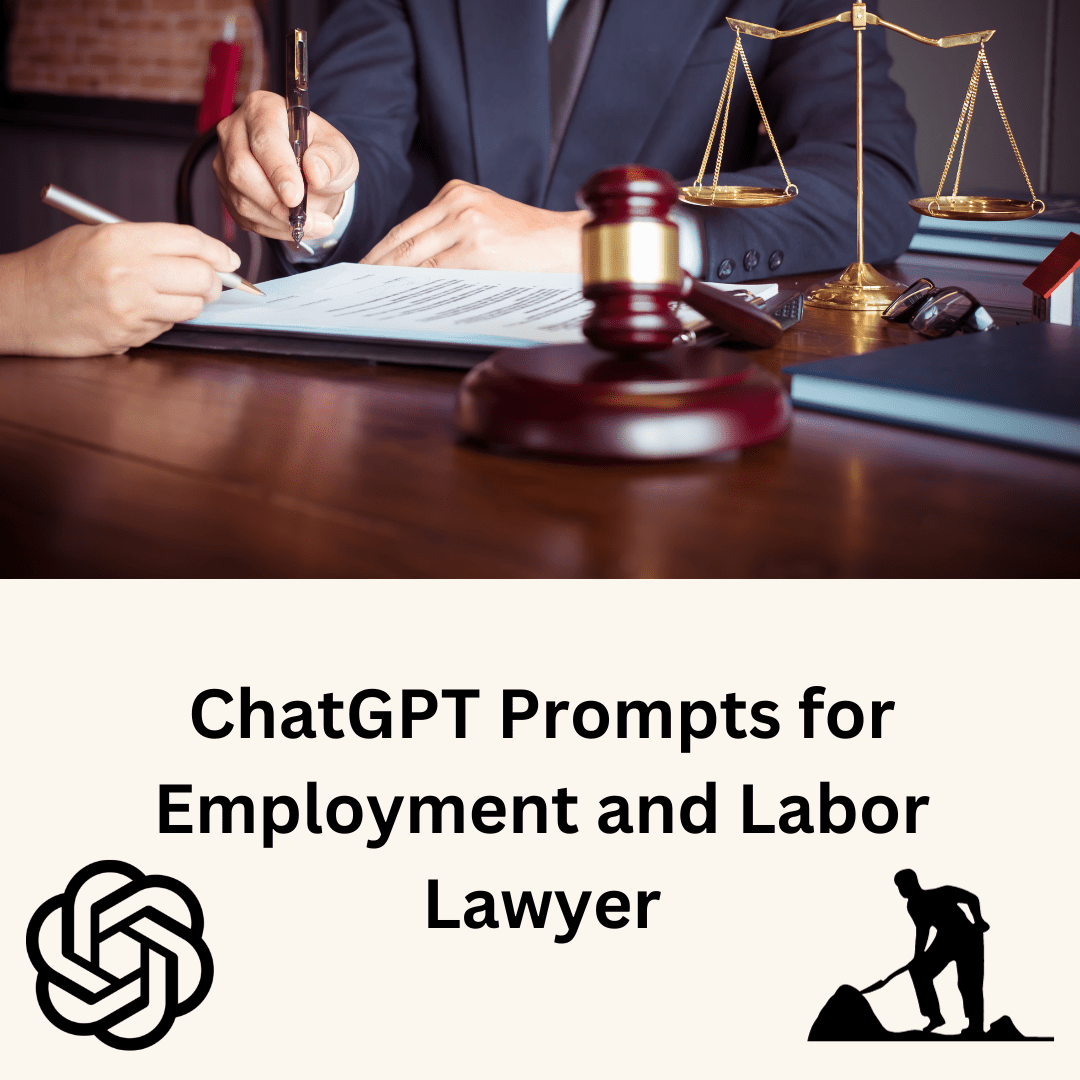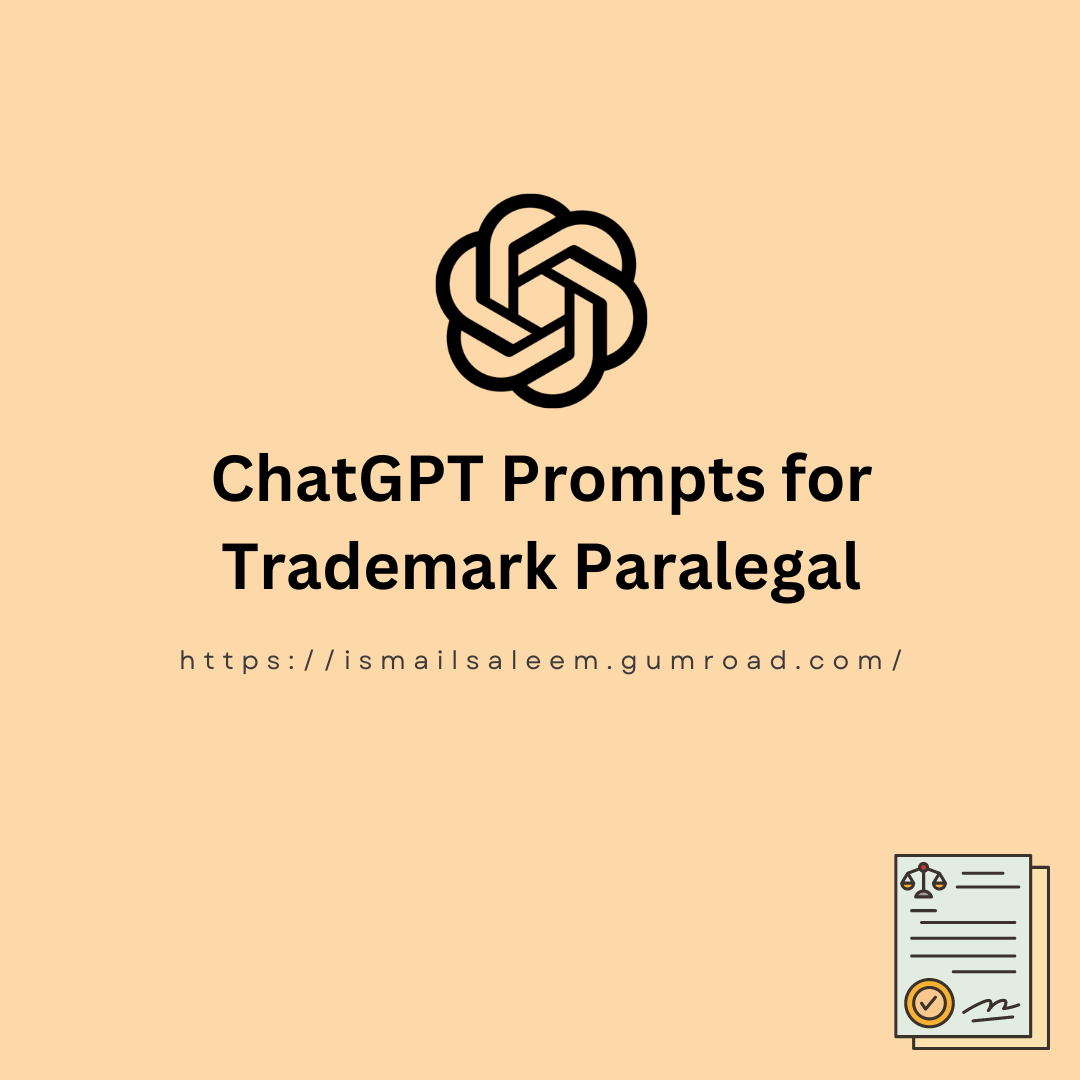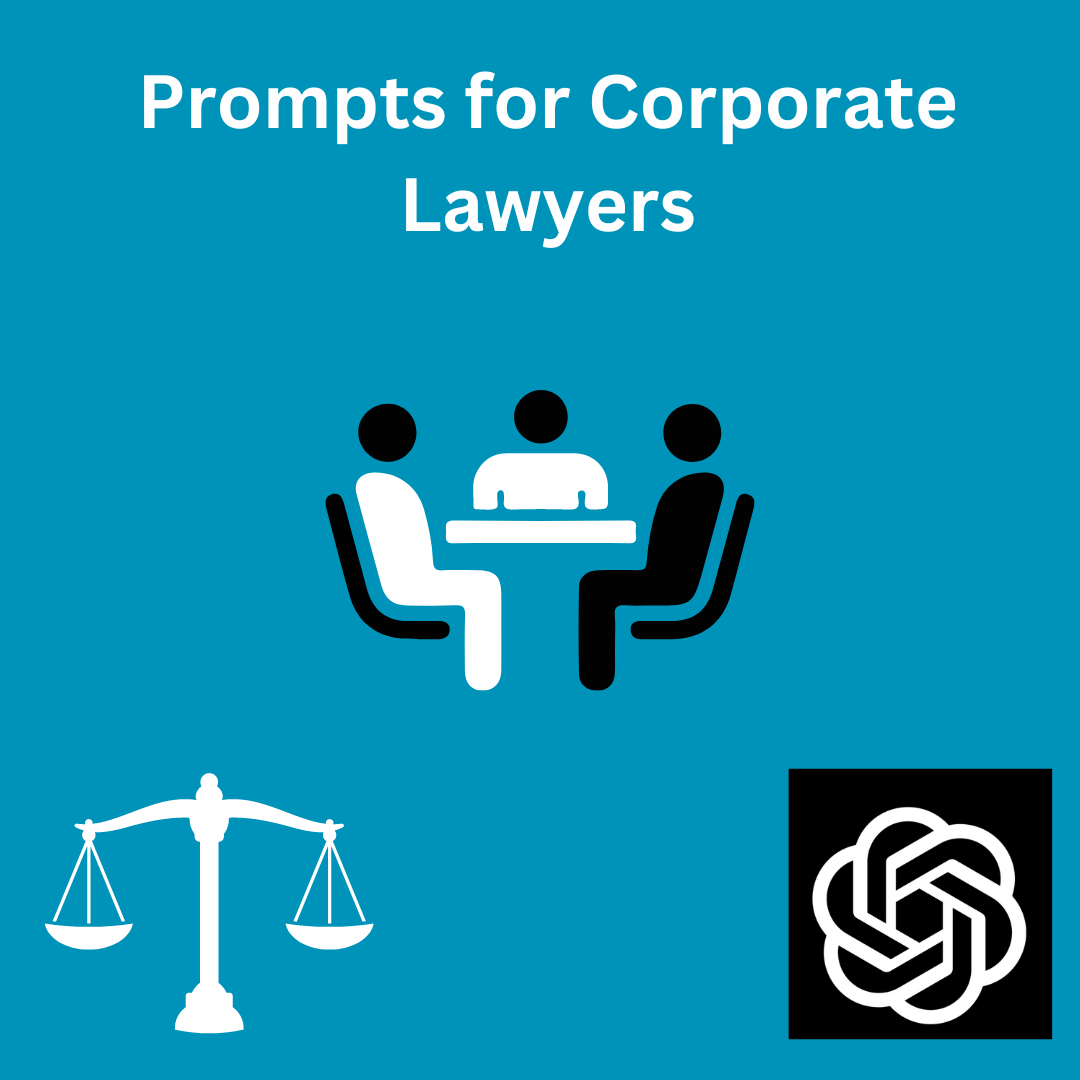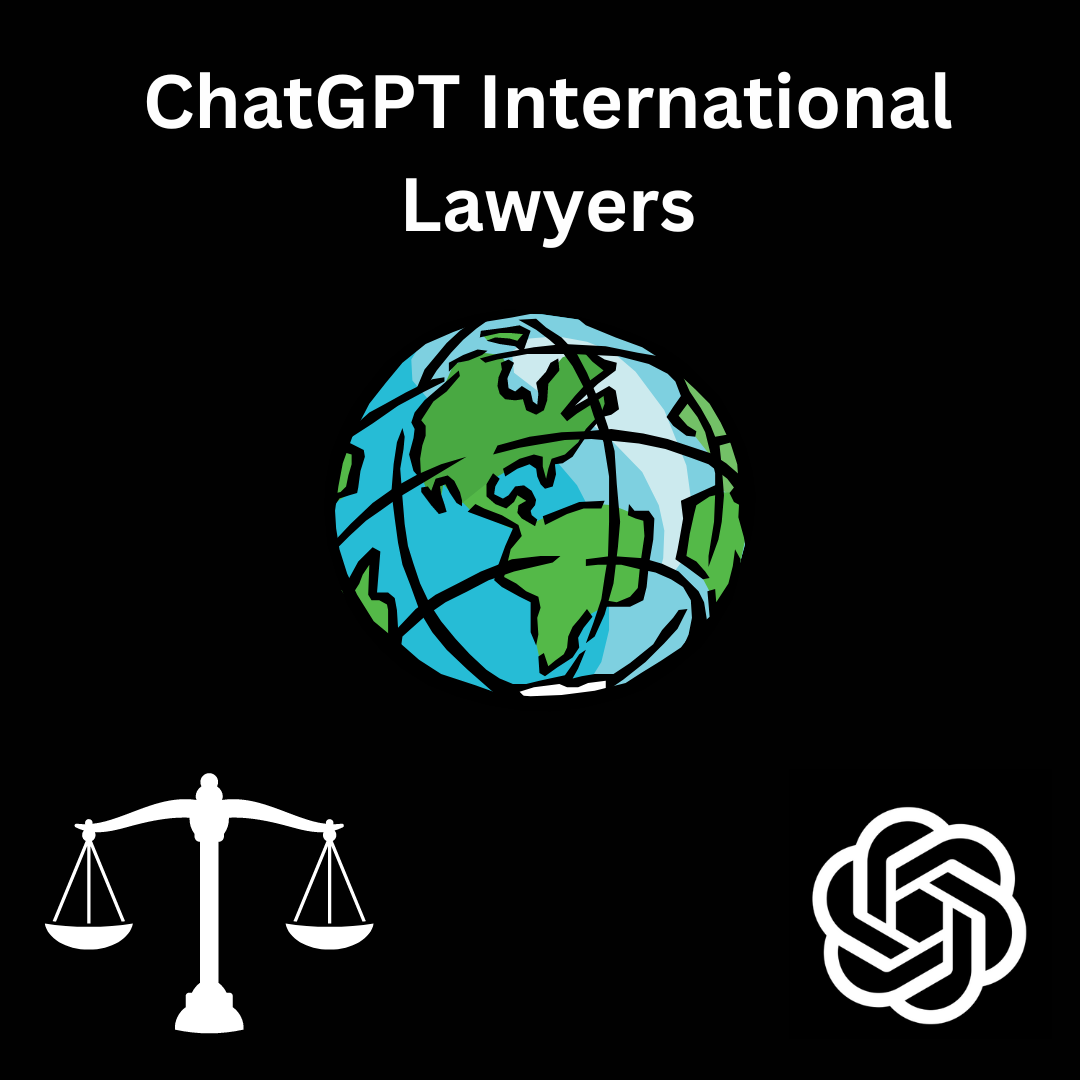International law requires a deep understanding of various legal systems, treaties, and cross-border regulations. ChatGPT prompts can provide international lawyers with tailored strategies for handling complex international litigation, trade disputes, human rights cases, and corporate law matters that span multiple countries. These prompts are designed to aid in navigating different legal frameworks, ensuring compliance with international treaties, and addressing the challenges that come with global legal practice.
200+ Prompts for International Lawyers
- As an International Lawyer, you're tasked with navigating the legal intricacies of a multinational corporation accused of environmental violations in multiple countries simultaneously. How do you coordinate defense strategies across different jurisdictions while ensuring compliance with international environmental laws?
- You're representing a high-profile political figure facing charges of human rights abuses in an international tribunal. How do you construct a defense that balances diplomatic sensitivities with legal obligations as an International Lawyer?
- In your role as an International Lawyer, you're handling a complex case involving disputed territorial waters between two nations with a history of hostility. How do you approach negotiations and legal arguments to resolve the dispute without escalating tensions?
- You're advising a multinational company on navigating trade sanctions imposed by multiple countries. As an International Lawyer, how do you develop a comprehensive compliance strategy to minimize legal risks while maintaining global operations?
- As an International Lawyer, you're involved in a contentious international arbitration case regarding intellectual property rights between two tech giants. How do you strategize to protect your client's interests amidst evolving global IP laws and regulations?
- You're representing a group of refugees seeking asylum in various countries due to persecution in their homeland. How do you navigate the complex web of international refugee law to secure protection and resettlement for your clients as an International Lawyer?
- A humanitarian organization seeks your expertise as an International Lawyer to challenge restrictive immigration policies in multiple countries that impede the delivery of aid to refugees. How do you advocate for policy changes while respecting each nation's sovereignty?
- You're tasked with mediating a cross-border dispute between indigenous communities and multinational corporations over land rights and resource extraction. How do you facilitate dialogue and negotiate fair agreements as an International Lawyer?
- As an International Lawyer, you're representing a state accused of violating international humanitarian law during an armed conflict. How do you defend your client while upholding principles of justice and accountability on the global stage?
- You're advising a developing country on renegotiating debt terms with international creditors amidst economic turmoil. How do you leverage legal mechanisms and diplomatic channels as an International Lawyer to achieve a sustainable financial restructuring?
- Outline the legal strategies employed by international lawyers to protect the rights of indigenous communities facing displacement and environmental harm due to large-scale development projects, such as mining or infrastructure construction.
- Analyze the challenges of enforcing international humanitarian law in conflict zones where state sovereignty is contested or non-state actors control territory, and discuss the role of international lawyers in promoting accountability for war crimes and atrocities.
- Discuss the legal and ethical dilemmas faced by international lawyers when representing clients accused of terrorism or extremism in international courts, balancing the right to a fair trial with security concerns and the risk of politicized prosecutions.
- Outline the legal frameworks governing the use of drones and other autonomous weapons systems in armed conflict, including the role of international lawyers in defining and enforcing standards of accountability and proportionality.
- Describe the challenges of prosecuting transnational organized crime networks engaged in activities such as drug trafficking, human trafficking, and money laundering, and discuss the role of international lawyers in facilitating cross-border cooperation and legal assistance.
- Analyze the legal implications of state-sponsored cyber attacks on critical infrastructure and government institutions, including the applicability of international law principles such as sovereignty, non-intervention, and the prohibition of the use of force.
- Discuss the legal mechanisms available to hold state and non-state actors accountable for violations of international human rights law, including the role of international lawyers in pursuing litigation in domestic and international courts and advocating for institutional reforms.
- Examine the challenges of regulating emerging technologies such as artificial intelligence, biotechnology, and nanotechnology at the international level, including issues related to intellectual property, data privacy, and ethical oversight.
- Outline the legal and diplomatic strategies employed by international lawyers to resolve disputes between states over shared natural resources such as water, fisheries, and oil reserves, considering principles of equity, sustainability, and peaceful coexistence.
- Describe the legal frameworks governing the use of force in international relations, including the principles of self-defense, collective security, and humanitarian intervention, and discuss the role of international lawyers in interpreting and applying these rules.
- As an international lawyer, how would you approach cases involving the denial of basic human rights, including access to food, water, and healthcare, by authoritarian regimes, taking into account principles of state sovereignty and non-intervention?
- What strategies can international lawyers employ to promote accountability and transparency in international development projects, particularly in cases where corruption and mismanagement hinder their effectiveness and exacerbate social inequalities?
- In your opinion, what role should international lawyers play in addressing the legal challenges posed by the militarization of cyberspace and the use of cyber weapons by states to conduct offensive operations and espionage activities?
#ChatGPTPrompts #InternationalLaw #GlobalLaw #CrossBorderLaw #InternationalLitigation #TradeLaw #HumanRightsLaw #ImmigrationLaw #CorporateLaw #InternationalTreaties


